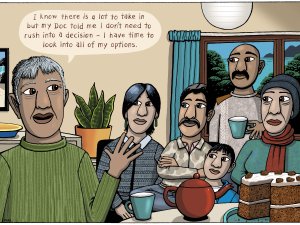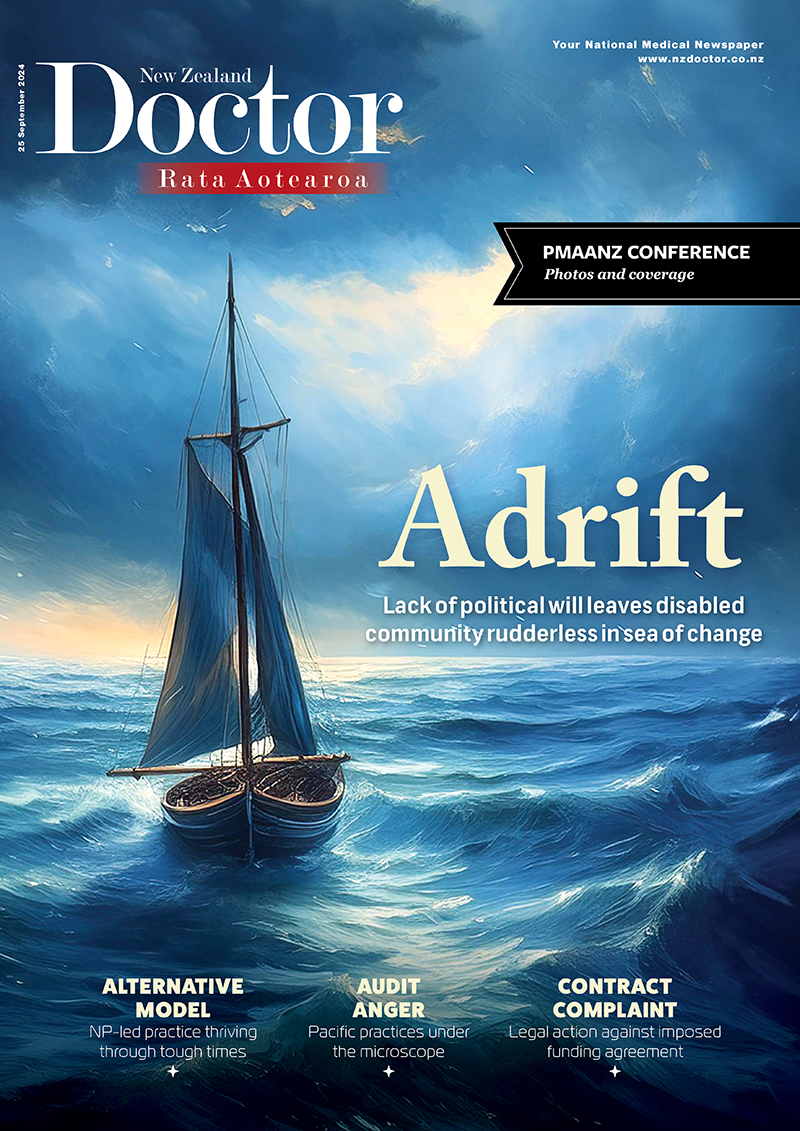Prostate cancer consultations are common in primary care and there is no one approach to testing and treatment that fits all patients. Urologist Simon van Rij discusses the key considerations and options for personalised care, appropriate investigation and treatment
CBT effective for medically unexplained physical symptoms
Vault Navigation
CBT effective for medically unexplained physical symptoms
How effective are non-pharmacological interventions for somatoform disorders and medically unexplained physical symptoms (MUPS) in adults?
Cognitive behavioural therapy (CBT) was more effective than usual care or waiting lists in reducing the severity of MUPS, but effect sizes were small. The effects were durable within and after 1 year of follow-up. CBT was no more effective than enhanced care provided by the person’s doctor. The intervention groups reported no major harms. The overall quality of evidence was low to moderate.
As a single treatment, only CBT has been adequately studied to allow tentative conclusions for practice to be drawn. There were no studies that included physical therapy. In practice, a substantial proportion of people with MUPS may not be willing to accept psychologically-oriented treatments.
MUPS are physical symptoms for which no adequate medical explanation can be found after proper examination. The presence of MUPS is the key feature of conditions known as somatoform disorders. Various psychological and physical therapies have been developed to treat somatoform disorders and MUPS, but a complete overview of the whole spectrum is missing.
Van Dessel V et al. Non-pharmacological interventions for somatoform disorders and medically unexplained physical symptoms (MUPS) in adults. Cochrane Reviews, 2014, Issue 11. Art. No.: CD011142.DOI: 10.1002/14651858. CD011142.pub2. This review contains 21 studies involving 2658 participants.
Cochrane Systematic Reviews for primary care practitioners
Developed by the Cochrane Primary Care Field, New Zealand Branch of the Australasian Cochrane Centre at the Department of General Practice and Primary Health Care, University of Auckland and funded by the Ministry of Health and New Zealand Doctor. PEARLS are meant for educational use and not to guide clinical care. New Zealanders can access the Cochrane Library free via www.cochrane.org.nz




